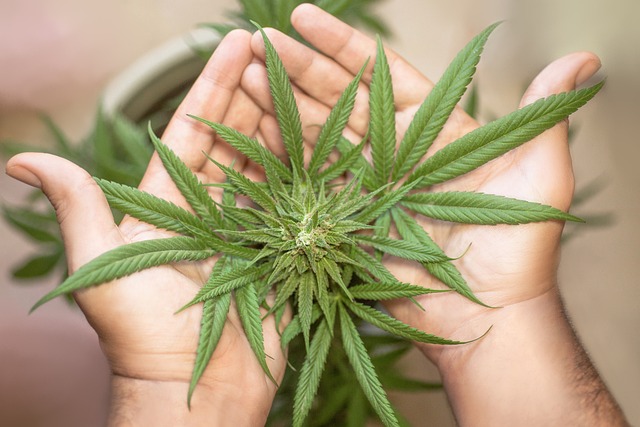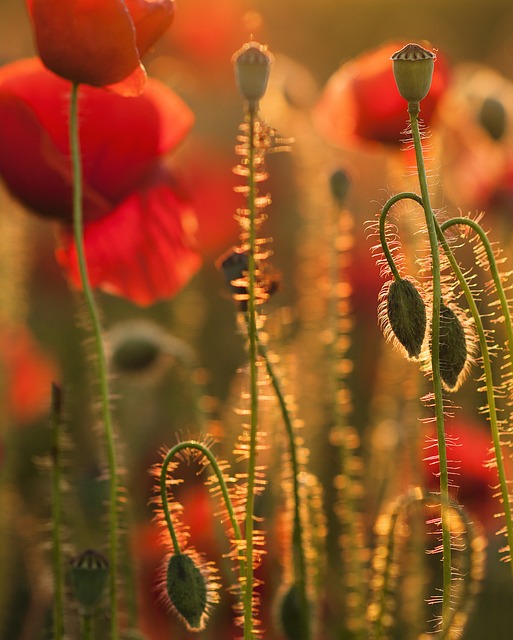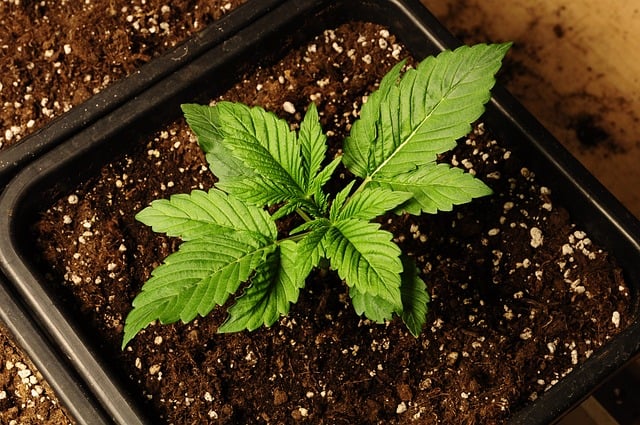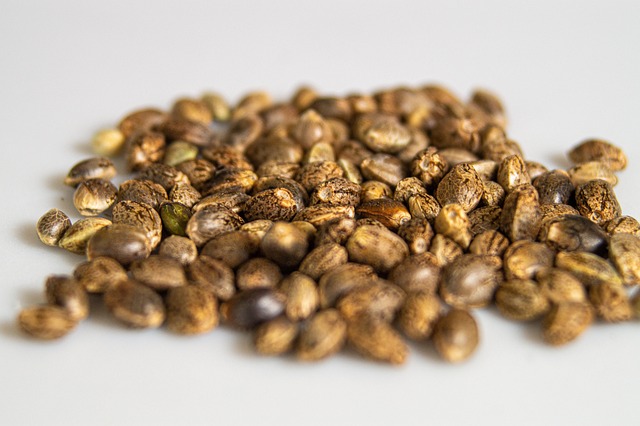THCA (Tetrahydrocannabinolic Acid), a non-psychoactive precursor to THC, has become a significant focus within Canada's evolving cannabis industry. Its legal status and implications for health vary across Canadian provinces, with federal law allowing its use for medical and adult recreational purposes, but with provincial regulations imposing different restrictions, including age limits that may not align with the national standard. THCA is celebrated for its therapeutic potential, offering analgesic, anti-inflammatory, and neuroprotective benefits, which are currently being researched for medical applications. However, consumers need to be well-versed in the nuances of local laws, as THCA legality can differ markedly between provinces. In some like British Columbia and Alberta, a more lenient approach is taken, while others, such as Quebec and Ontario, have stricter controls. It's essential for individuals to stay informed about provincial regulations to ensure legal compliance and to understand that THCA, unlike THC, does not induce immediate psychoactive effects but can still influence the endocannabinoid system. Users should approach THCA with caution, starting with small amounts, and consult healthcare professionals, particularly considering its potential side effects and recent market emergence compared to other cannabinoids. In summary, the legal standing of THCA in Canada's provinces is complex and requires careful attention to navigate within the framework set by both federal and provincial laws.
Exploring the multifaceted impact of THCA flower, an emerging topic in wellness and legal discussions across Canadian provinces, this article delves into its potential effects and the nuanced legal landscape governing its use. We’ll examine the therapeutic benefits and associated side effects of THCA flowers, shedding light on both their promise and precautions for consumers in Canada. Understanding the intricate regulations per province is crucial for safe and compliant consumption, a topic this article addresses with a focus on dosing and safety considerations. Join us as we navigate the complexities surrounding THCA flower legality and usage within Canada’s diverse regions.
- Understanding THCA Flower: Potential Effects and Legality in Canadian Provinces
- THCA Flower Benefits and Risks: A Closer Look at its Side Effects
- Navigating the Legal Landscape of THCA Flowers Across Canadian Provinces
- Dosing and Safety Considerations for THCA Flower Consumption in Canada
Understanding THCA Flower: Potential Effects and Legality in Canadian Provinces

Cannabis varieties have evolved, and one such evolution is the presence of THCA or Tetrahydrocannabinolic Acid, a non-psychoactive precursor to THC found in raw cannabis plants. As legalization and regulation expand across Canadian provinces, understanding the potential effects of THCA Flower becomes increasingly important for consumers and regulators alike. THCA is renowned for its therapeutic properties without the immediate psychoactive effects associated with THC upon heating or combustion. Research suggests that THCA may offer analgesic, anti-inflammatory, and neuroprotective benefits, making it a subject of interest in various medical applications.
Navigating the legality of THCA Flower in Canada’s provinces requires attention to both federal and provincial regulations. On a federal level, cannabis, including THCA, is legal for medical and adult recreational use. However, provincial laws may impose restrictions on its possession, sale, and consumption. For instance, some provinces may differentiate between flower types or set age limits that differ from the federal standard. It’s crucial for individuals to be aware of these distinctions as they can vary significantly across the country. The legality of THCA in its raw form is a nuanced topic, with some jurisdictions allowing it while others may interpret the law differently. Consumers should always verify local laws and regulations before purchasing or using THCA Flower to ensure compliance with provincial statutes.
THCA Flower Benefits and Risks: A Closer Look at its Side Effects

Cannabidiolic Acid (THCA) is a non-psychoactive cannabinoid found in the Cannabis sativa plant, which has garnered attention for its potential therapeutic properties. In regions like Canada, where the legal status of cannabis derivatives varies by province, THCA flower is being explored for its benefits. Advocates claim that THCA offers a host of health advantages without the psychoactive effects associated with its decarboxylated form, THC. These benefits include pain relief, anti-inflammatory effects, and possible neuroprotective qualities. Users often consume THCA flowers in their raw form or through various preparations to avoid the high while still reaping the wellness benefits.
However, like all substances, THCA is not without its risks and potential side effects. Although non-psychoactive, THCA can still interact with the body’s endocannabinoid system, which may lead to adverse reactions in some individuals. Side effects may include drowsiness, dry mouth, and reduced blood pressure. Additionally, due to varying regulations across Canadian provinces, consumers must navigate the legal landscape carefully to ensure compliance with local laws. It is crucial for users to start with low doses to gauge their body’s response and consult with healthcare professionals before integrating THCA flower into their wellness routine, especially given its relatively new presence in the market compared to other cannabinoids like CBD or THC. Understanding both the potential benefits and the risks associated with THCA flowers is essential for informed decision-making within the legal framework established by Canadian provinces.
Navigating the Legal Landscape of THCA Flowers Across Canadian Provinces

In Canada, the legality of THCA flowers varies across provincial lines, reflecting a complex and evolving regulatory framework. The federal government legalized cannabis for recreational use in October 2018, but the subsequent implementation by each province has resulted in a patchwork of policies that govern the possession, purchase, and consumption of THCA flowers. While some provinces like British Columbia and Alberta have embraced the market with relative openness, others like Quebec and Ontario have imposed more stringent regulations. Consumers should be aware that the legal status of THCA flowers in their region can dictate where they can legally purchase these products, how much they are permitted to possess, and where they can consume them. It’s crucial for individuals interested in THCA flowers to stay informed about the specific laws within their province, as non-compliance can lead to legal repercussions. The varying legal landscapes underscore the importance of understanding the nuances of cannabis regulations at the provincial level in Canada, ensuring a compliant and safe experience for both consumers and businesses operating within this industry.
Dosing and Safety Considerations for THCA Flower Consumption in Canada

In Canada, where THCA (Tetrahydrocannabinolic Acid) is legally permitted within certain provinces under specific regulations, it’s crucial for consumers to approach its consumption with an understanding of dosing and safety considerations. THCA, the raw form of THC, is found in raw cannabis plants and has a distinctly different effect compared to its psychoactive counterpart when heated. As of this writing, the legal status varies by province, with some allowing for broad use, others for medical purposes only, and regulations continually evolving. Users should adhere to their local laws regarding cannabinoid consumption, as they can differ significantly.
When it comes to dosing THCA flower, individuals must exercise caution. The recommended dose can vary widely due to factors such as individual tolerance, the specific strain of THCA flower, and personal health conditions. It’s important for consumers to start with a low dose to gauge effects before considering any increase. Safety considerations also extend to the method of consumption; raw THCA should not be smoked or vaporized, as this would convert it into THC, which could have different effects. Edibles or teas prepared with THCA flower are safer alternatives for those looking to explore its potential benefits without the psychoactive impact of THC. As always, it’s advisable to consult healthcare professionals before introducing any new substance into one’s regimen, especially if pregnant, breastfeeding, or taking other medications. With the legal landscape and understanding of THCA still in development, consumers are reminded to stay informed about the latest research and regulations regarding its use within Canada’s provinces where it is legally permissible.
In conclusion, THCA flower occupies a nuanced position within the Canadian legal framework, with its status varying across different provinces. As outlined throughout this article, understanding both the potential therapeutic benefits and the associated side effects of THCA flower is crucial for those considering its use. While preliminary research suggests promising health applications, prudent dosing and safety measures are essential to mitigate any adverse effects. It’s clear that as legal frameworks evolve, so too will the understanding and application of THCA flower within healthcare settings and personal wellness routines across Canada. Prospective users should always refer to provincial regulations before consumption to ensure compliance with local laws, as the legal landscape for THCA flower is subject to change and can differ significantly from one province to another.
